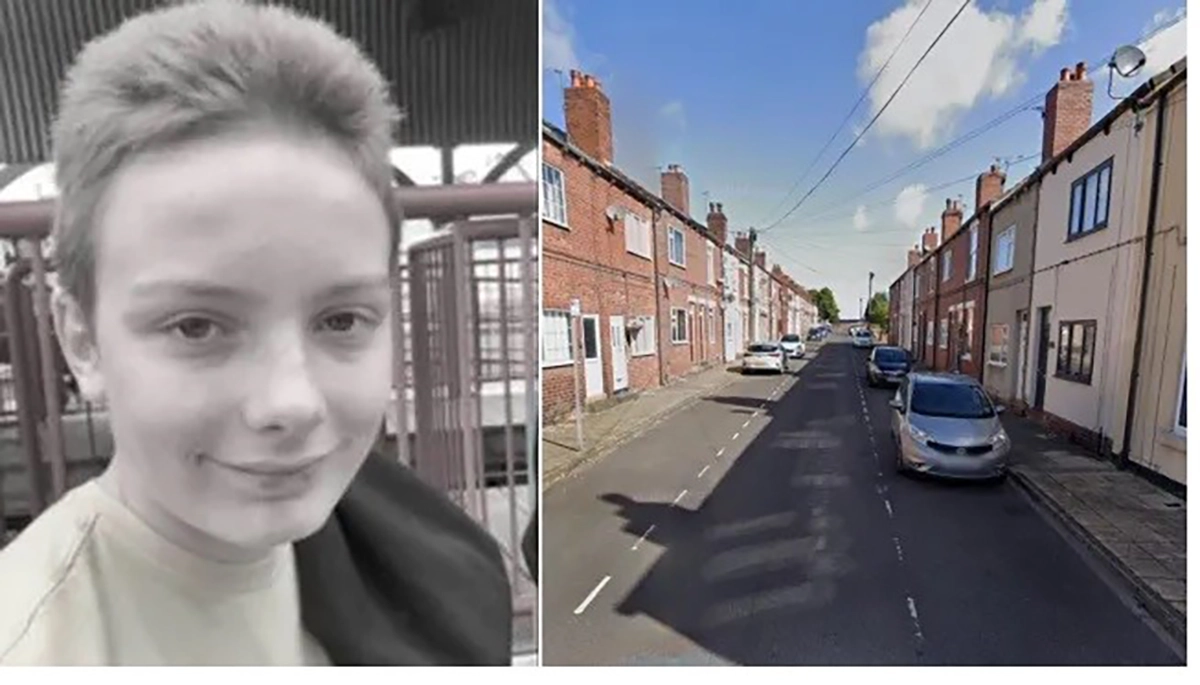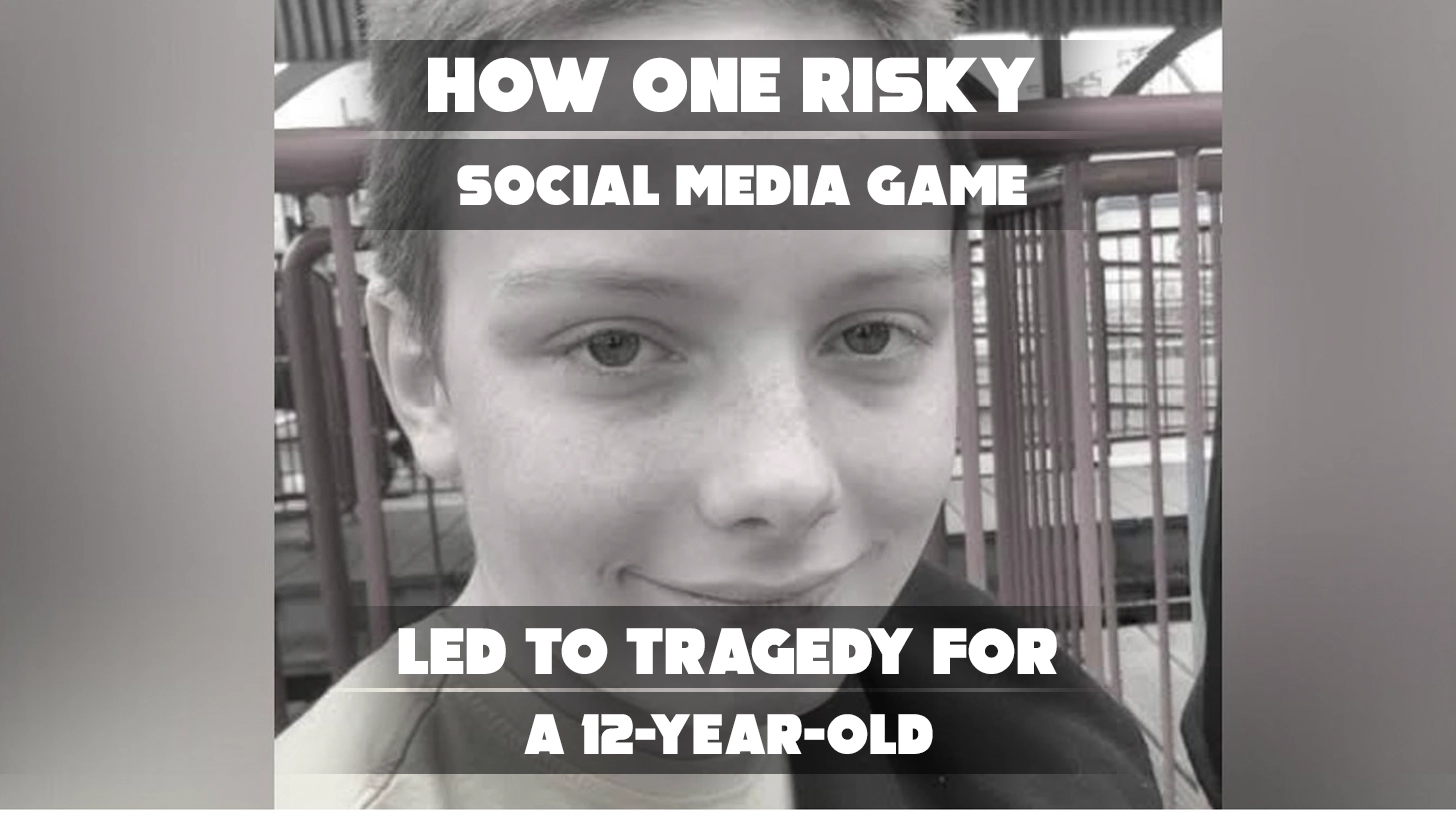Sebastian was 12 years old. He lived in Castleford, England. He was a happy boy who loved music and drawing. He taught himself to play the guitar and keyboard. Everyone who met him said he was kind and full of joy.
On June 27, something very sad happened. Sebastian tried a dangerous challenge from social media called the “blackout challenge.” This challenge makes people choke themselves to feel dizzy or pass out. It is very risky and can cause serious injury or death.
After trying the challenge, Sebastian lost consciousness. His family called for help, and an ambulance took him to the hospital. Sadly, he died soon after. Police said they do not think anything suspicious happened, but they are still checking what happened.
A family friend started a GoFundMe page to help Sebastian’s parents. She said Sebastian had many dreams and talents. She wrote, “His parents loved him very much. But one moment online changed everything.” She wants all parents to talk to their children about what they do online.

Deadly ‘Blackout Challenge’ Blamed for Young Boy’s Death

The “blackout challenge” is a very dangerous trend on social media. Kids try to choke themselves, sometimes with a scarf. This stops oxygen from reaching the brain and can cause serious damage or death.
Many children have died from this challenge—at least 20 in the last year and a half, mostly 12 or younger. The challenge spreads on sites like TikTok. TikTok says it blocks these videos, but some still appear.
The police say Sebastian’s death was not suspicious, but they are still investigating. His story warns all parents and kids to be careful online. Parents should talk with their children about what they watch and who they talk to on the internet. The online world can be as risky as the real world.
Some families have sued TikTok, saying the app lets harmful videos spread and targets children with risky content. TikTok says it tries to stop these videos and helps users find safety information, but dangers remain.
Sebastian’s death is a sad lesson. Parents should stay involved and watch for signs of trouble. Stopping these deadly challenges can save lives.





